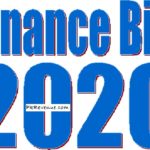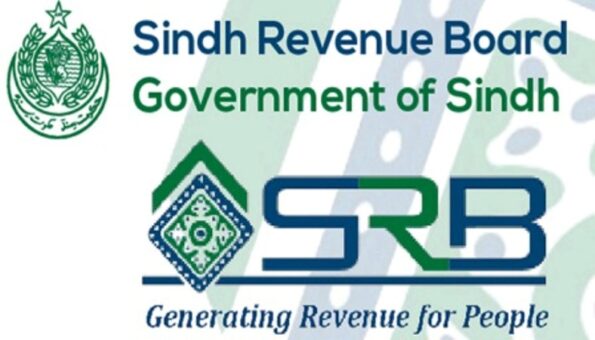KARACHI: Foreign investors have expressed concerns over high rate of turnover tax rate, especially for those sectors where margins are very low.
Overseas Investors’ Chamber of Commerce and Industry (OICCI) expressed this concern at an interactive session with Dr. Abdul Hafeez Sheikh held on September 12, 2020, a statement said on Monday.
The statement said that the foreign investors expressed concern on the continuation of the high rate of turnover tax especially for high turnover but low margin sectors like petroleum and chemical businesses.
OICCI members also vented concern on the recent incident on the Lahore-Sialkot ring road which has damaged the morale of the stakeholders, who were otherwise satisfied with the highly improved security environment in Pakistan.
OICCI President Haroon Rashid, welcomed Dr Abdul Hafeez Sheikh and briefed him about the critical role of OICCI and its members in the economy of Pakistan and shared that delays in tax refunds and some other issues are creating hurdles in bringing Foreign Direct Investment (FDI) in the country, as well as not being in sync with the government’s agenda of Ease of Doing Business (EODB).
The participants representing the major foreign investors operating in the country appreciated the GOP’s effort in successfully overcoming the Covid 19 challenge to the economy and taking appropriate measures for the health and safety of the people of Pakistan.
OICCI members complimented the Advisor on Finance for the constructive approach adopted during the 2020-21 Budgeting process where the tariff rationalization of over 1600 items, together with rationalization of withholding taxes at import stage and many other measures contributing towards Ease of Doing Business.
OICCI also appreciated the recent launch of Roshan Digital Account for overseas Pakistanis as a step in the right direction.
Haroon Rasheed recommended that the government should take a collective view of the measures to encourage foreign investment in Pakistan, including appointing a focal ministry for streamlining operating issues of foreign investors.
OICCI strongly recommended that the government should ensure that incentives once given to foreign investors, for example vide Section 65 of the IT Ordinance 2001 in respect of new investments, should not be withdrawn while the respective projects are in implementation phase. OICCI also requested for orderly and prompt settlement of long pending tax refunds and circular debt.
OICCI members were optimistic that the country can attract large FDI by ensuring predictable, consistent and transparent policy framework and its implementation.
The participants also sought Finance Advisor review of the recent announcement that investment in the National Saving scheme will not be available to retirement funds after 2022.
On questions from the audience, Finance Advisor assured that the GIDC issue will be managed amicably in accordance with the Supreme Court decision and that the FBR will be more proactive and will regularly engage with key stakeholders like OICCI members in resolving all legitimate issues especially on tax refunds.
At the meeting Advisor to PM on Finance Dr Abdul Hafeez Sheikh gave a comprehensive overview of the challenges faced by the economy in the past two years and how the GOP has successfully managed to stabilize the economy which is now on a recovery path.
Dr Hafeez Shaikh added that the growth trend in some industries like cement, automobile and fertilizer and rapid growth noticed at PSX are very encouraging and should give confidence to investors.




